As a busy dental office, we see some variation of this quite often:
“Doc, the porcelain on my front tooth veneer chipped. Can you fix it?”
The answer is yes, but there are some limitations. But let’s first look at a successful porcelain repair case we completed in our office.
Before and After Photos of Porcelain Bridge Repair
The photo below shows a patient of ours. He had a 7 unit dental bridge that he loved – and that had been in his mouth for over twenty years. An unfortunate slip in the bathroom led to him banging his tooth on a porcelain sink (notice the irony?) which led him to fracture off a huge chunk of the ceramic on his front tooth.
The porcelain chip was large, unsightly, and very noticeable. His greatest fear was that we would have to do a brand new bridge.
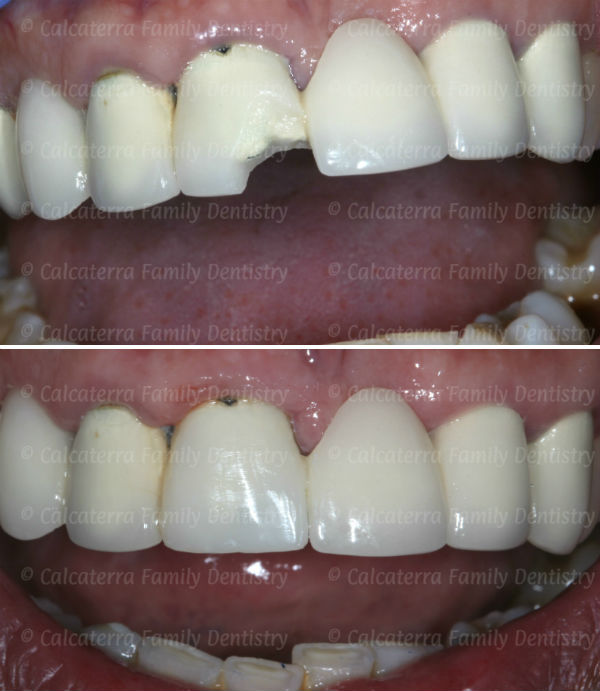
In Round 1, in Dental Bridge vs. Sink, the Sink won. In Round 2, Dr. Nick emerges victoriously over the Sink and saves his patient’s bridge! Photos and dentistry by Dr. Nicholas Calcaterra.
We utilized the highest rated porcelain repair kit on the market. Leveraging this product, along with our expertise, we produced a phenomenal result. It took us approximately 1 hour. And the best part is that our patient did not need a new bridge.
The Details on Repairing Porcelain
If you noticed from the beginning of this post, we said that we could repair porcelain, but there were exceptions.
Cosmetic porcelain crowns, bridges, and veneers are made in a variety of ways. But nearly every method requires the porcelain to go to extremely high temperatures – over 1,000 degrees Fahrenheit! So to add porcelain to a crown in a predictable manner, you would need to put the crown into the firing oven. But that’s not possible given that there’s a person connected to the tooth!
So, the next best thing is to bond composite material to the fractured porcelain. Composites are the white material used in fillings and bonding. The challenge is that the bond from composite to porcelain is not that strong. Nevertheless, when done correctly, we can still get a good result, as you can see below:
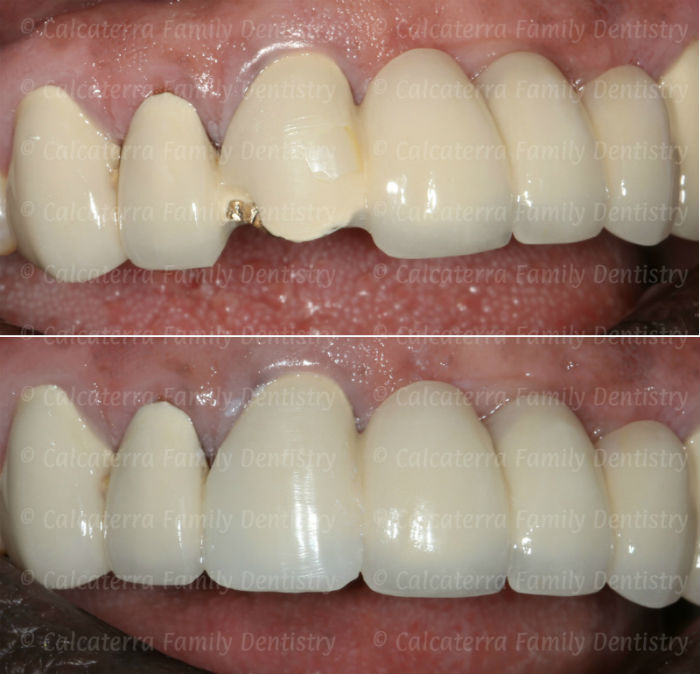
Another chipped dental bridge. You can see the underlying gold of the bridge. 45 minutes later, he walked out like the bridge was brand new! Photos and dentistry by Dr. Nicholas Calcaterra
His bridge was cemented in placed. So we bonded composite on there. Two years later, he still looks great!
How to Get a Porcelain Chip Repaired
If you have a chipped front crown, veneer, or bridge, you might just think you can call any dentist and have it taken care of. That is not always accurate for the following reasons:
- Repairing porcelain is not an every day procedure for most dentists. So, many dentists simply do not know how to do it.
- A dentist has to keep in stock a very specific (and expensive) porcelain repair kit. Most dentists don’t have this in stock.
- Some larger fractures can be impossible to repair in a manner that lasts a while. In those cases, you may need to invest in a new crown, bridge, or veneer.
If you believe this is what you need, it never hurts to call and ask the dental office if they are able to do this type of procedure.
Do you have a crown or veneer that is chipped? Interested in seeing if it can be repaired? Call us at (203) 799 – 2929 or visit this page to request an appointment.

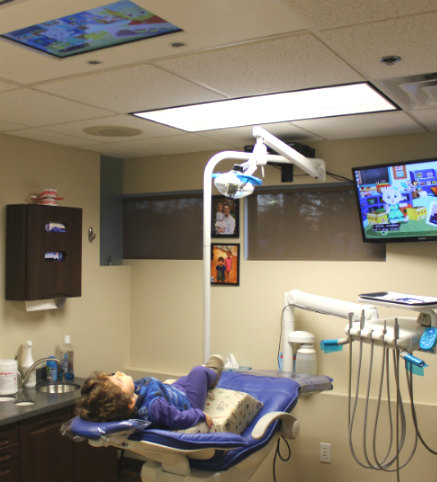
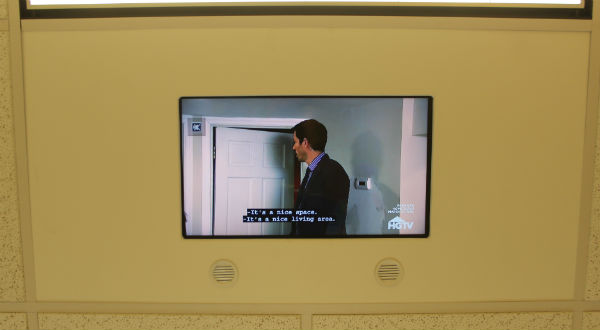
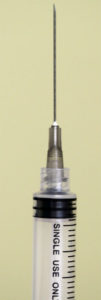
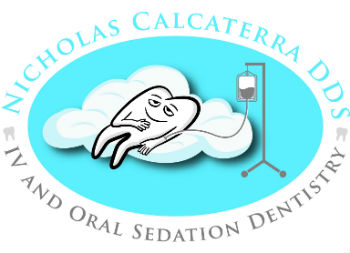
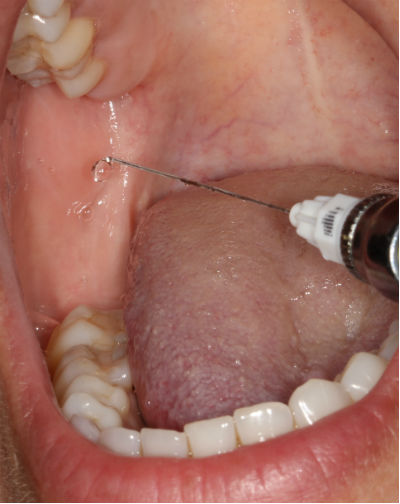
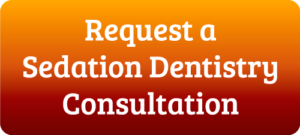
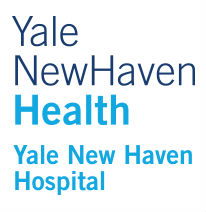 We are pleased to announce that we are rapidly approaching a significant milestone in our dentist office: One hundred dental visits by Medical Residents from Yale New Haven Hospital in 2016 alone! These visits by residents included everything from
We are pleased to announce that we are rapidly approaching a significant milestone in our dentist office: One hundred dental visits by Medical Residents from Yale New Haven Hospital in 2016 alone! These visits by residents included everything from 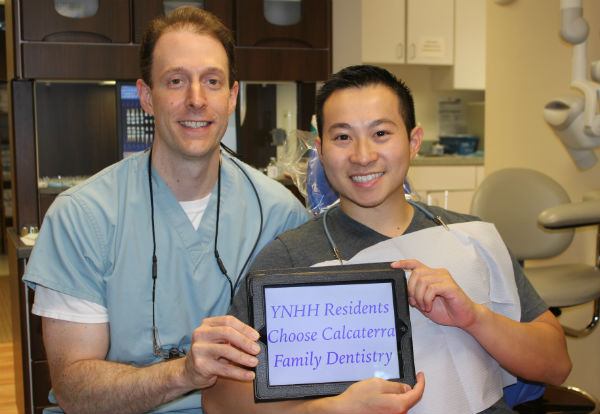
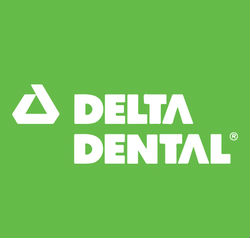 All Yale Hospital residents have some variation of Delta Dental insurance. Not only are we an in-network dental office with Delta, we are experts in it! We can make sure you maximize your benefits at our office. Just call and ask for Jenn or Aimee and we’ll help you out.
All Yale Hospital residents have some variation of Delta Dental insurance. Not only are we an in-network dental office with Delta, we are experts in it! We can make sure you maximize your benefits at our office. Just call and ask for Jenn or Aimee and we’ll help you out.